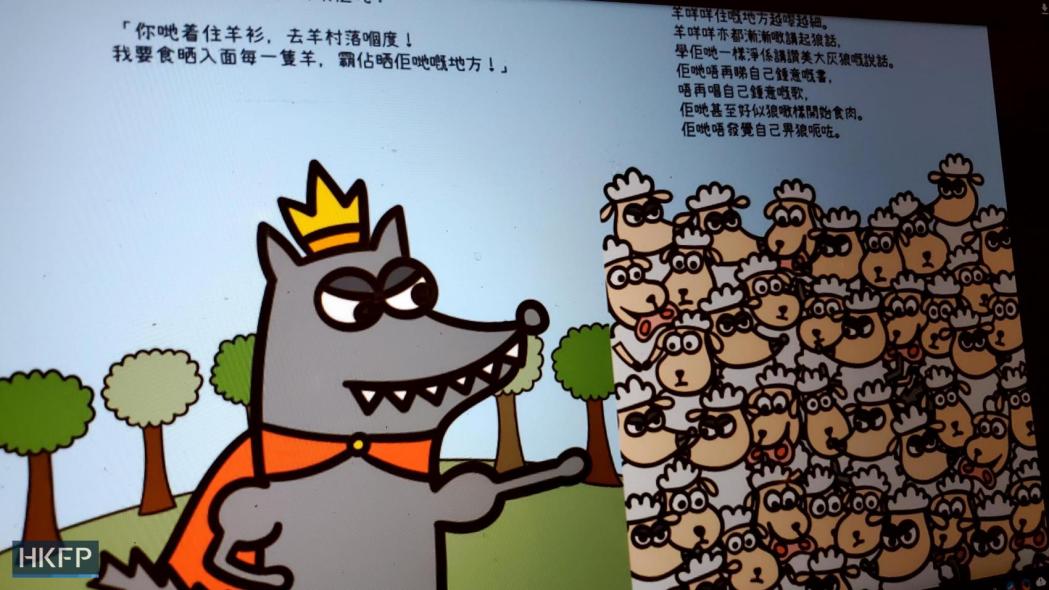Hong Kong’s own security legislation will have provisions to deal with “soft resistance,” Secretary for Security Chris Tang has said.
In an interview with state-backed newspaper Ta Kung Pao published on Monday, the security chief said Hong Kong had seen “soft resistance” in recent years, as well as online discussions and publications that could easily radicalise people.

Referring to the series of “seditious” children’s books a judge said was capable of “brainwashing” young readers, Tang said the books could cause children to “lose faith in Hong Kong’s judicial system” and instil the idea that “only by using force against against organs of state power would they be able to protect their home.”
Chief Executive John Lee said on Saturday that Hong Kong must stay vigilant against “soft resistance” and be proactive in safeguarding national security, as the city marked 26 years since its Handover from Britain to China.

The Hong Kong government first mentioned the term “soft resistance” in late July last year, in a statement objecting to what it deemed unfair criticism in a United Nations Human Rights Committee report.
The government said at the time that the committee should give “due regard” to “soft resistance acts,” hate speech and publications that had radicalised the public since 2019 when it remarked on law enforcement actions relating to the sedition offence.
A full-page Wen Wei Po report in May slammed subdivided housing concern groups for engaging in “soft resistance” by leveraging the housing crunch to “incite citizens’ negative emotions against the government.”
Espionage and cybercrime
Tang added that espionage activities “cannot be overlooked,” saying that international intelligence agencies had publicly stated that they would work together to get a grasp on materials related to China.
The government will review which acts are covered under the national security law and existing legislation, with reference to areas including espionage and cybercrimes, in order to formulate “effective and practical measures and provisions to further improve safeguards for national security,” he said.
He added that the government would clearly define the cyber security obligations of critical infrastructure operators through legislation.

Tang also said enacting Hong Kong’s own security law, known as Article 23, would make up for inadequacies in the national security law, which criminalises secession, subversion, terrorism and foreign collusion. Article 23 of the Basic Law stipulates that the Hong Kong government shall enact laws on its own to prohibit any act of treason, secession, sedition, subversion against the central government.
“With the combination of the national security law and Article 23 of the Basic Law, one plus one can be more than two, establishing comprehensive national security,” Tang said.
Legislation of Article 23 failed in 2003 following mass protests. The government has always had enough votes to pass the law, but it has never been raised since the 2003 debacle. Pro-democracy advocates fear it could have a negative effect on civil liberties.
It would prohibit seven types of offences: treason, secession, sedition, subversion against the central government, theft of state secrets, foreign bodies’ conducting political activities in the city, and local bodies establishing ties with foreign bodies.
Support HKFP | Policies & Ethics | Error/typo? | Contact Us | Newsletter | Transparency & Annual Report | Apps
Help safeguard press freedom & keep HKFP free for all readers by supporting our team
























